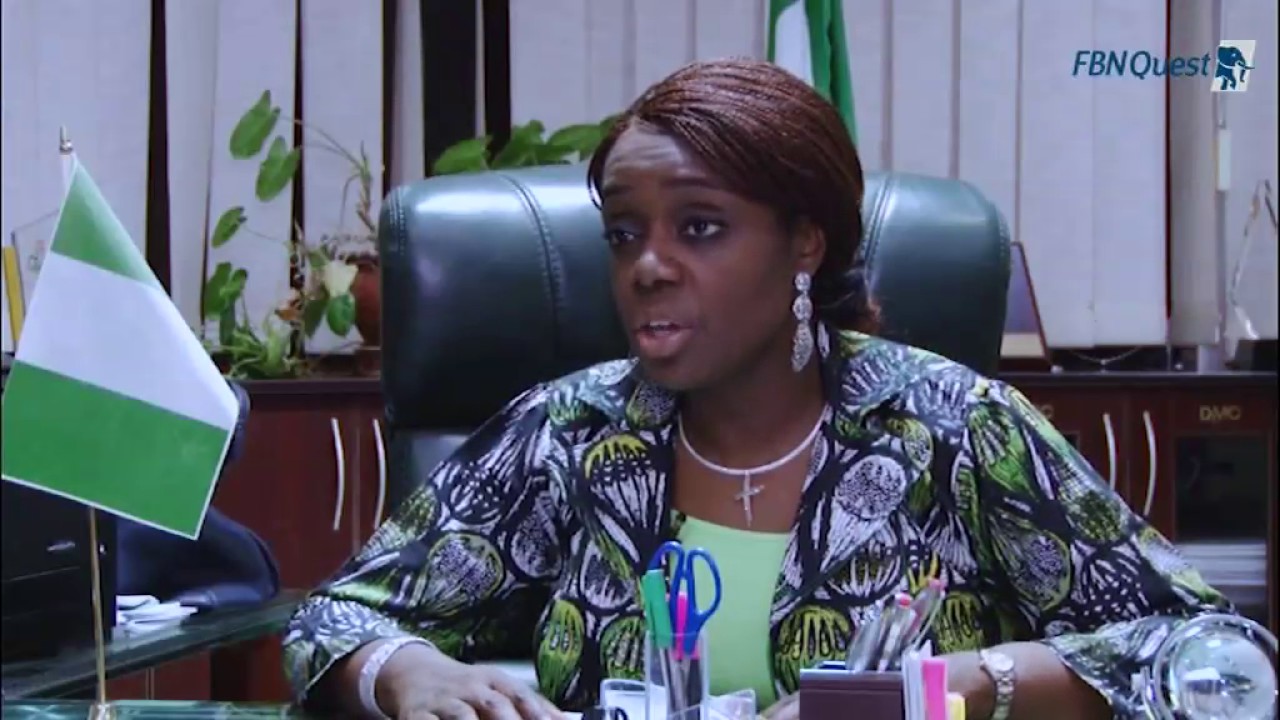Nigeria to stop relying on crude oil prices- Finance minister
January 26, 20181.5K views0 comments

Kemi Adeosun, Nigeria’s finance minister said Africa’s top oil producer is trying very hard to ignore crude oil prices.
The minister said this during an interview with Bloomberg in Abuja, the country’s capital.
According to the minister, “we’ve gotten to a point where we don’t care,” whether prices will be sustained at the level that they have recently risen to…we’ve been able to balance our budget at $45-$46 per barrel and we’ve got to learn to live comfortably at that level.”
Brent crude has rallied almost 60 percent since the middle of last year as OPEC and allied producing nations stick to agreed output curbs. The global benchmark traded at about $70.25 per barrel in London on Friday morning.
Read Also:
Adeosun said that the country can’t afford to rely so much on the commodity anymore, even as the OPEC member is recovering from a contraction of its economy in 2016, the first in a quarter-century, after a decline in oil prices and in the nation’s output due to the destruction of oil facilities by militant groups in the key Niger delta region.
In her words, “yes, it’s at $66-$67 per barrel today, but we’ve been here before, right?” “And we can’t afford to be exposed to that, so I really try very hard to ignore the oil price.”
President Muhammadu Buhari submitted in December a 2018 budget based on projected oil output, including condensates, of 2.3 million barrels a day at $45 per barrel.
Nigeria, which derives about two thirds of its revenue from crude, is seeking to diversify its economy. The government’s efforts include pushing for agricultural expansion to reduce a heavy food-import bill and boost exports.
It is also seeking to plug an infrastructure gap of $25 billion, Adeosun said. “The infrastructure gap is significant, it is far bigger than anybody had imagined, in power, in roads, in rail.”
Nigeria’s foreign-exchange reserves have been boosted by the rise in crude prices, combined with an increase of oil shipments and improved investor confidence. Barring any shock, the Central Bank of Nigeria could build its reserves to $60 billion in the next 12 to 18 months, from $40 billion currently, Governor Godwin Emefiele said in an interview Wednesday.
